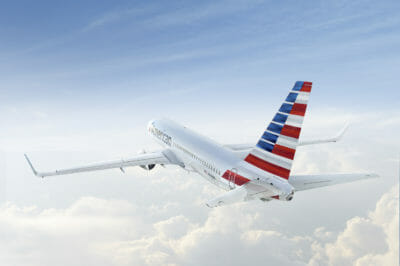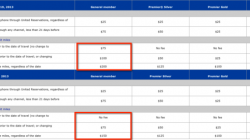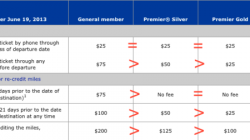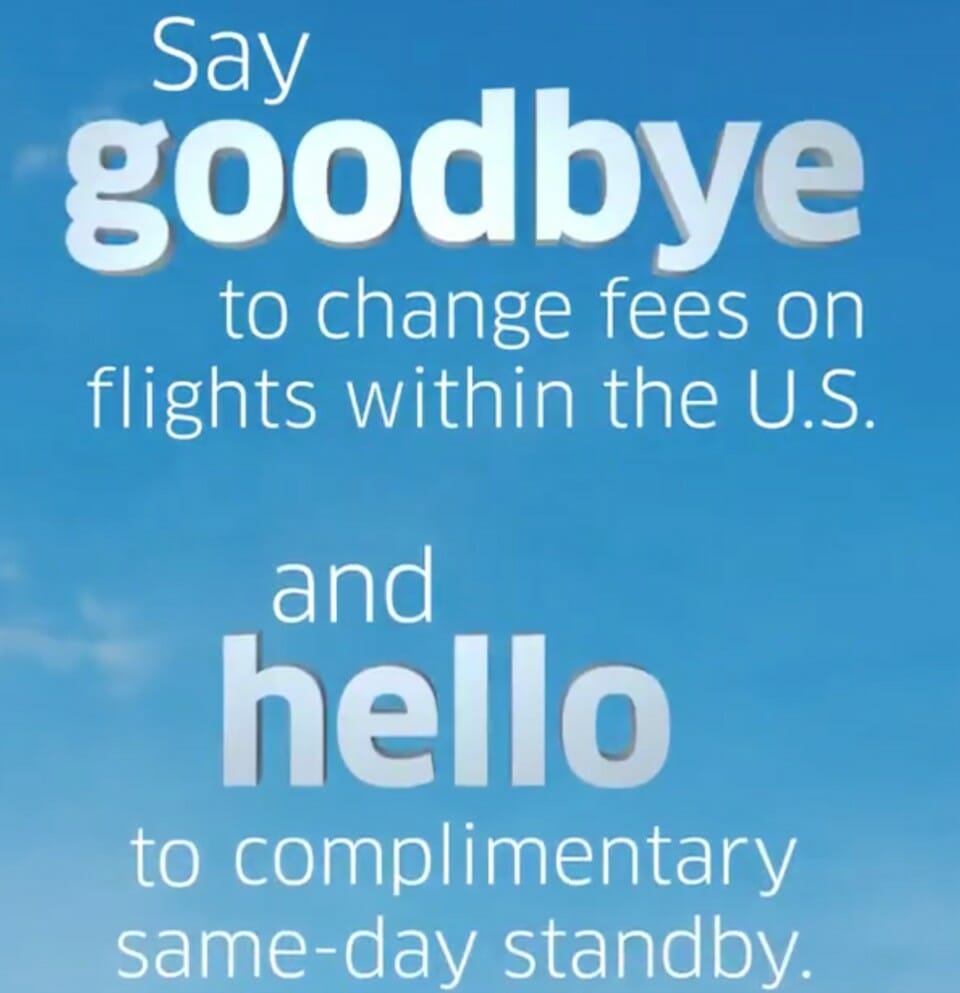STORY UPDATE @ 2:00 PDT – It didn’t take long, just one day. Delta and American Airlines have agreed to end domestic change fees.
My colleague at Travel Codex, Rocky posted the changes at United Airlines concerning the “dreaded change fees”. You can read it here. I have to say that I fell out of my chair reading the news wires last night about the move by United. Is it really permanent? Will it extend to all ticket purchases both paid and award for travel outside the U.S.? Will the other airlines follow suit?
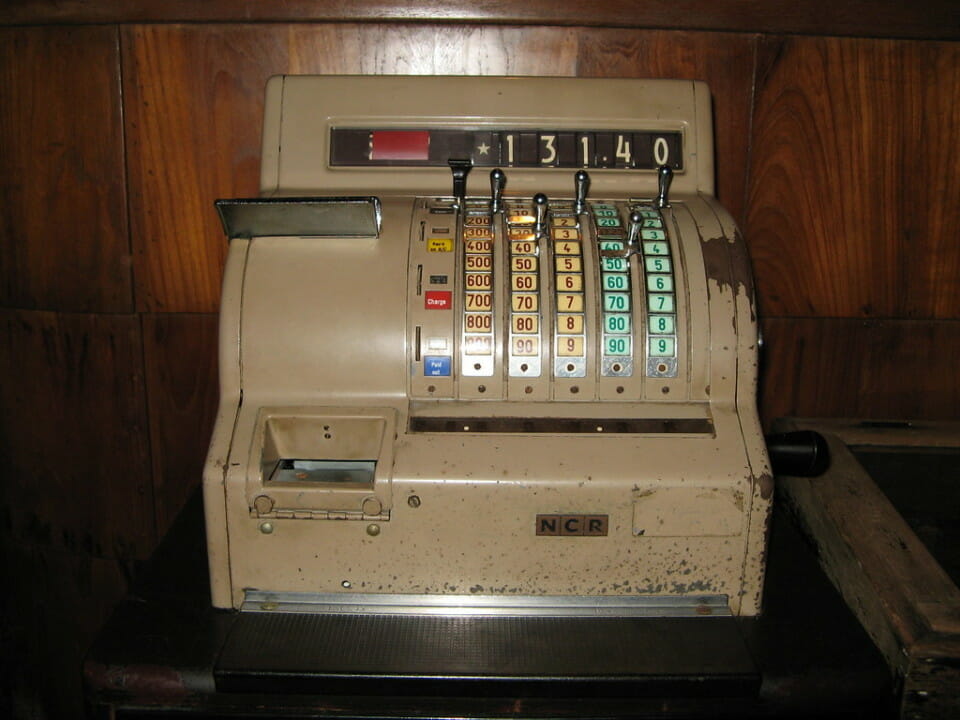
Garbage Fees
I find garbage fees absolutely abhorrent. To me, a charge for a relatively minor change is an attempt to gouge money from the customer. This is especially true when I can make a change by myself online without requiring the assistance of an employee. I am somewhat sympathetic with the airlines if changes require the time of a customer service representative a small fee would be palatable.
Change and cancellation fees are certainly at the top of airline passenger lists of pet peeves. There are plenty of other garbage fees that are just as annoying. How about a fee to choose a seat in advance in a premium class cabin (premium economy and business)? An airline that charges a change fee to make a full cash upgrade to a higher ticket class. United does not charge these fees but British Airways piles on the garbage fees. Then there are the carrier-imposed fees. They used to be called “fuel surcharges” until oil prices went down. They couldn’t justify a fuel surcharge so they just changed the name to the all-purpose, all-occasion carrier-imposed fee.
The Unbundled Airfare
If you have been flying for at least two decades, one thing you remember is that your airfare covered everything. You not only got free changes and cancellations, but you also got a hot meal and free bag(s) check.
The new hotel pricing model changed how rooms were advertised. Hotels dropped the prices of their rooms to make their rates sound like a bargain. This began the ala cart pricing model. They really didn’t lower the price of their rooms, they tacked on fees for what you used to get for free. The hotel industry even had a clever name for this – the much-loved “resort fee”. If the resort fee wasn’t enough, there is the “destination fee”.
It didn’t take long for the airline industry to see how the new hotel pricing model was working. The airlines followed suit and gave the customer the illusion that airfares had gone down in price. Yes, the actual cost of getting passengers from point A to point B had gone down. The result that service went down as it now costs the customer to check that bag or purchase a boxed lunch on board.
A recent industry report found that the 10 airlines with the most “ancillary” revenue—that is, from sources other than the sale of tickets—collected $29.7 billion of it in 2017, more than 14 times the $2.1 billion collected in 2007. Domestic air carriers collected $4.6 billion in baggage fees alone in 2017, according to the U. S. Department of Transportation.
Bucking The Trend
Do airlines need to charge garbage fees to make a profit? Apparently, a well-run airline like Southwest can do just that. Not only do they not charge change fees, but you can also still check two bags for free. This is the way flying used to be in the previous century.
September 11th
The last time that airline business fell off to the magnitude of Covid-19 was the terror attack of September 11th. The airlines were in the same type of financial predicament that they are in today. To help the airlines stay afloat, they decided to add the change fee. Airline passengers were making wholesale ticket changes as the fear of flying set in. The airlines changed their business model to charge customers change fees which also alienated the very customers they rely on to stay in business.
Instead of terrorism, it’s a combination of Covid-19 and states that require a 14-day mandatory quarantine that is driving a wave of changes and cancellations.
This time around, United Airlines may have seen the light. Eliminating the change fee is not only the right thing to do when business falls off the cliff but it serves to help the airline retain its customer base. United Airlines has received a lot of bad press over the past several years so kudos to United to do the right thing.
Forever?
There are two things that I know about “forever”:
- Forever is a very long time and
- Forever is subject to change without notice.
If history has shown us anything, it is that nothing is forever in the airline business. Time will tell if United does an about-face on change fees.
Monkey See – Monkey Do
Decades ago, there were a lot more airlines than there are now. Mergers and bankruptcies have reduced the number of major U. S. airlines to just a handful. Even with just that handful, the airline business does have a competitive nature. Airline “A” will make a change to lure customers away from Airlines “B, C, D and E”. When one airline makes a move, it tends to shuffle the whole deck. One example is that all major airlines did institute a temporary waiver of change fees this year.
United Airlines may be the king of monkey see – monkey do. They had a pattern of making the same changes that Delta Air Lines would make – move for move. It is impressive to see United taking the lead this time.
Final Thoughts
I will certainly give credit where credit is due. Kudos to United Airlines for withdrawing the most-hated garbage fee. How long will it be before the other airlines follow suit? Will the others try do outdo United and include international flights? And finally, how long is “forever”?

